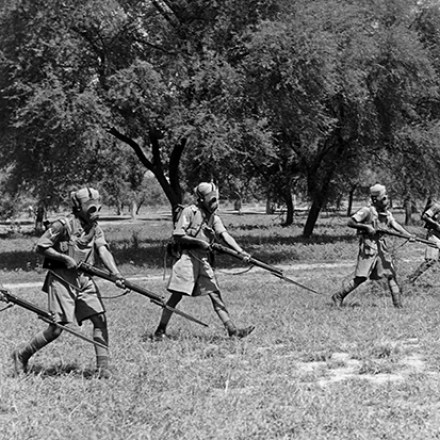‘Help the British anyhow’
The other day, some anti-imperialist students were questioning the presence in their institutions of statues of Cecil Rhodes, a West African cockerel and, very strangely in view of her conspicuously anti-racist convictions, Queen Victoria. In response, a Guardian columnist, who has probably made less effort to learn Hindi than Queen Victoria did, amusingly said that














